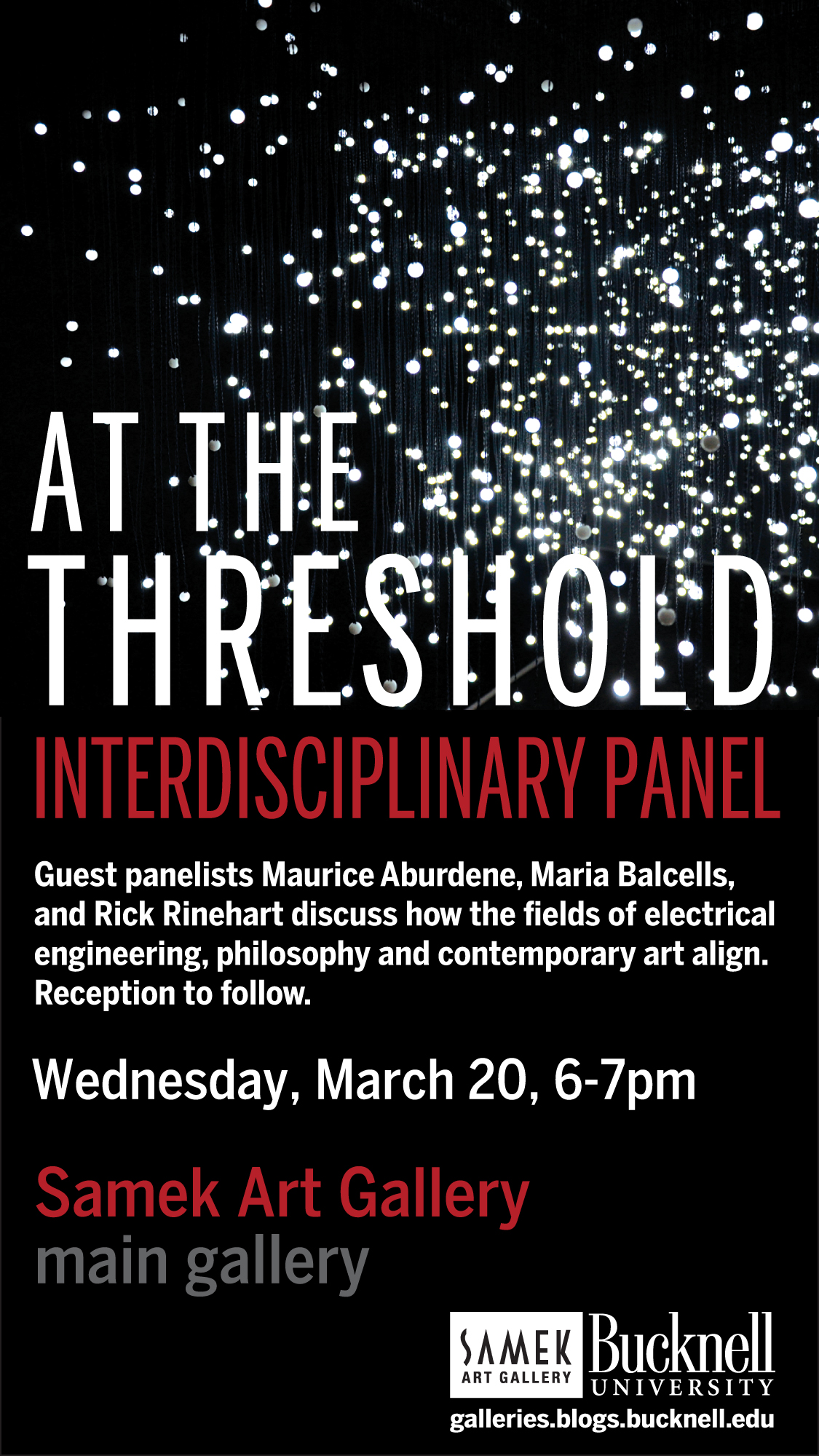
Philosophy Lunch Chats make their triumphant return in 2013! We're trying a slightly different format this semester (something we piloted I thought very successfully
last term): each chat will feature a guest expert to help us think through the topic in question. Since I can only twist so many arms, we're decreasing their frequency somewhat and doing them only on the first Thursday of each month — so: February 7th, March 7th, and April 4th.
For the first Lunch Chat, we're lucky to have a regular lunch chat participant, Professor Tristan Stayton, associate professor of biology, facilitating a discussion on the ethics of lying. There are lots of really fascinating questions here that we can get into. Here's how Professor Stayton describes the issues:
 |
| Tristan Stayton |
Lying is a long-standing human activity, as old as or perhaps even older than verbal communication, but there is still debate about the degree to which it is, at least in some situations, permissible or even desirable. On one end of the spectrum are those who hold that lying is wrong under any circumstances. Kant seems to have been of this opinion; when challenged that this implied that "it would be a crime to tell a lie to a murderer who asked whether our friend who is being pursued by the murderer had taken refuge in our house", Kant replied that it would indeed be a crime and that he would not lie to such a murderer: "To be truthful (honest) in all declarations is, therefore, a sacred and unconditionally commanding law of reason that admits of no expediency whatsoever". On the other hand are the many situations in which people have lied to potential murderers about who was in their house; in many cases lying seems not only permissible, but admirable or even obligatory. The book Les Misérables begins similarly, with the Bishop Myriel lying to the police in order to save the convict Jean Valjean from life in prison. The lie fools the police and keeps Valjean out of prison for life. Myriel's lie is presented as a life-changing and life-saving event for Valjean; an unambiguously good act, despite being a deception.
Finally, there seem to be situations in which lying may have no moral consequences. The desert island problem is one of these. Jan Narveson explains the problem thus: "You and Jones are marooned on a desert island, and Jones takes to cultivating flowers, which he does with splendid results. You have no particular taste in flowers, and also no particular affection for Jones. Jones then becomes fatally ill and, in his final moments of life, he requests you to tend his flowers for him for a while after he dies — until, let us say for definiteness, the nasturtiums cease to bloom. You promise him to do this — though just exactly why is not at all clear. It is stipulated that neither you nor Jones has any belief in immortality or in special religious doctrines which have the consequence that you are in any way obliged to tend the flowers. Jones then dies. So now the question arises: do you or don't you have to admit that there is some moral value in tending Jones' flowers until the nasturtiums cease to bloom? And thus the dilemma looms for the consequentialist: either he does not admit any moral value in tending the flowers, in which case his view is radically at variance with the common moral consciousness; or he does admit it, in which case he appears to have on his hands a case in which something has moral value but not on account of its consequences."
I am interested in discussing the ethics of lying for our philosophy lunch. Are there situations in which lying is permissible? Obligatory? Is there a difference between lying and deception? Lying and omission? Do your instincts tell you that it's immoral to lie in a "desert island" situation, or do they tell you that it's okay? Any and all honest opinions are welcome!
References for background: (don't feel compelled to read these!)
Kant, "On a Supposed Right to Lie Because of Philanthropic Concerns"
Mahon, "Kant on Lies"
Narveson, "The Desert-Island Problem"
We hope you'll join us for pizza and what's sure to be an interesting discussion on Thursday, 2/7 at noon in 62 Coleman Hall.





